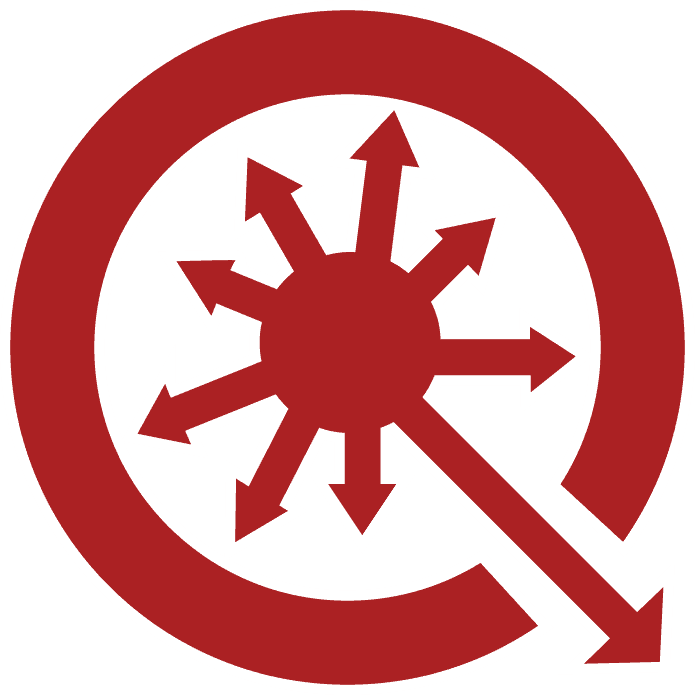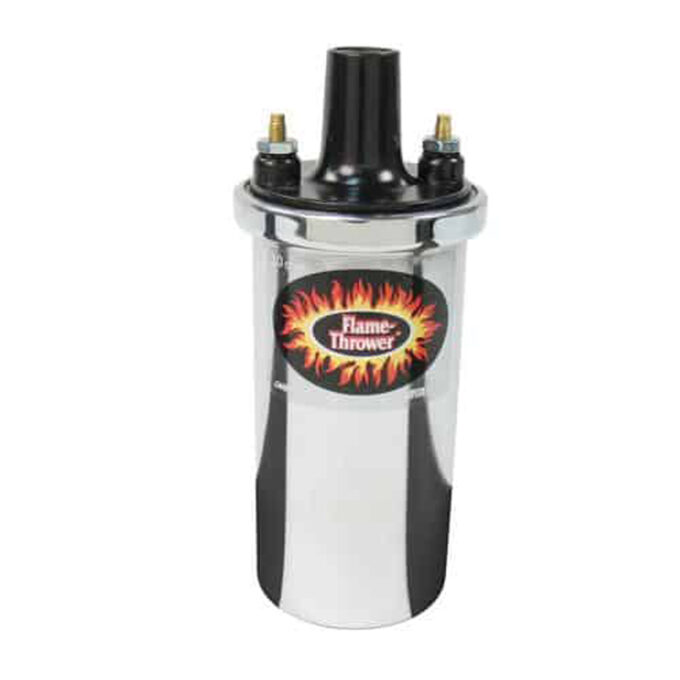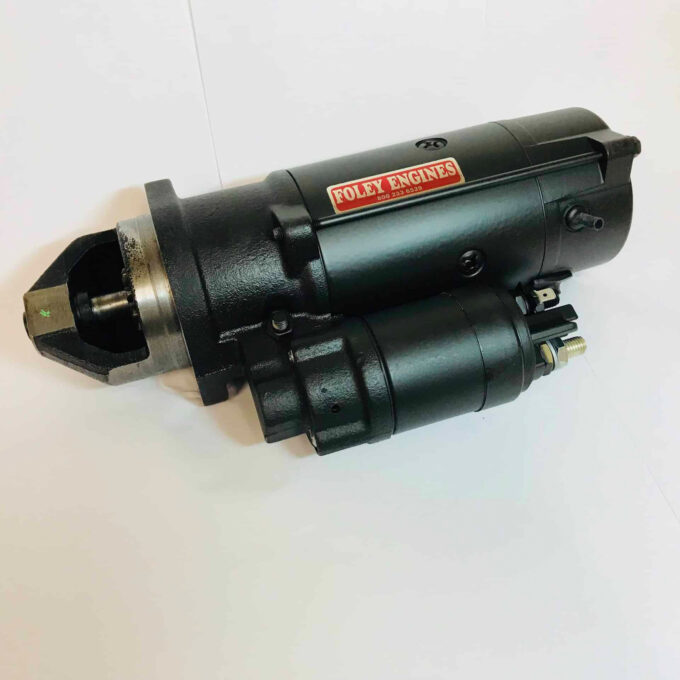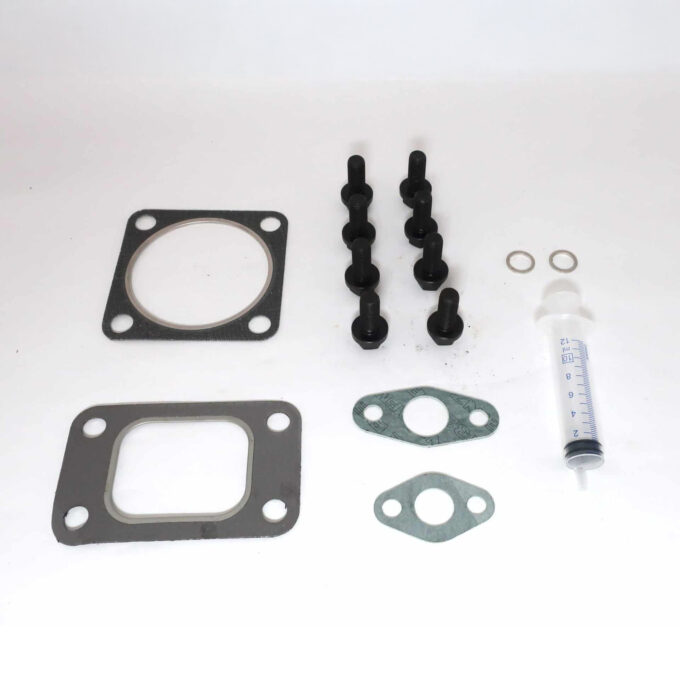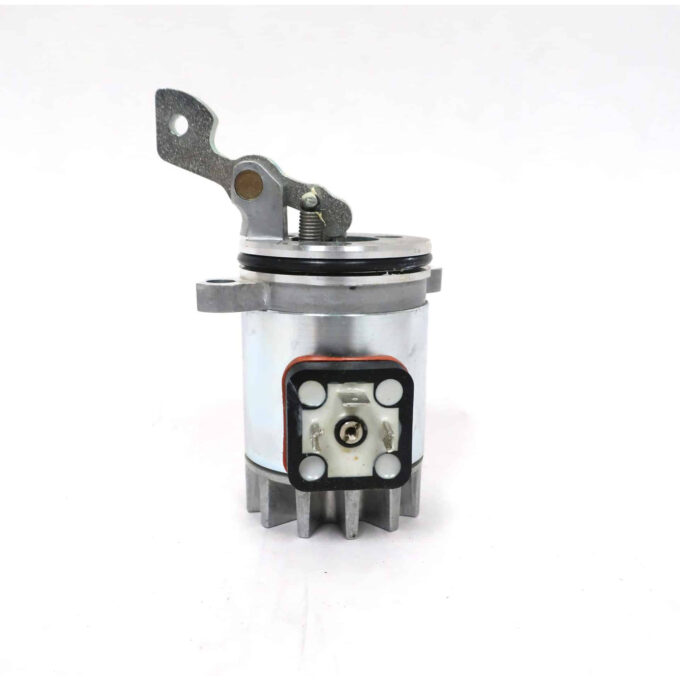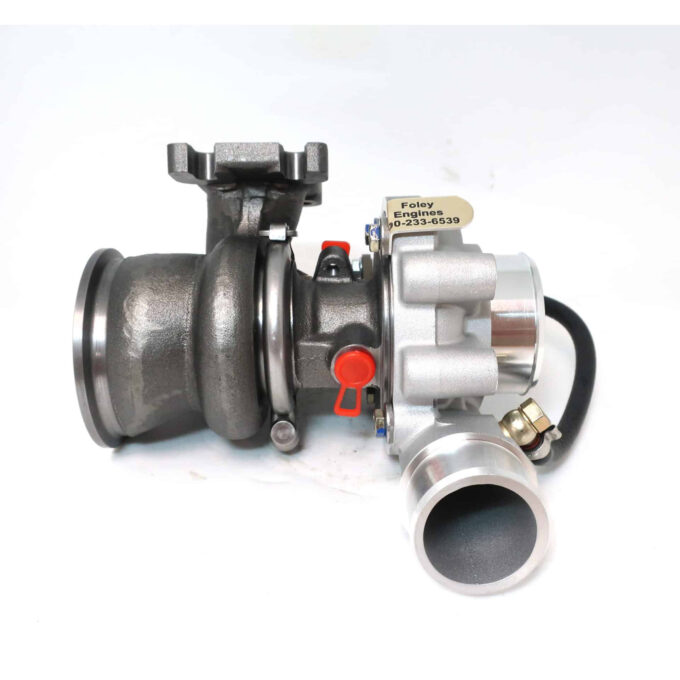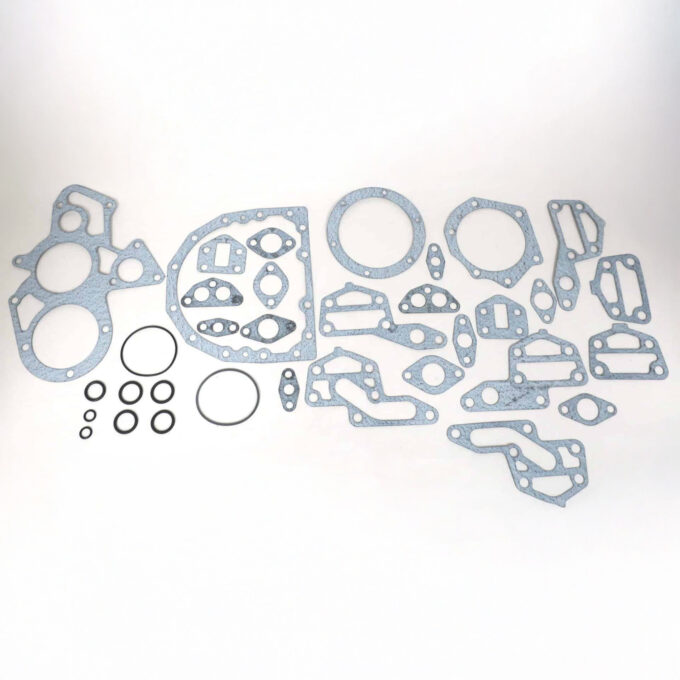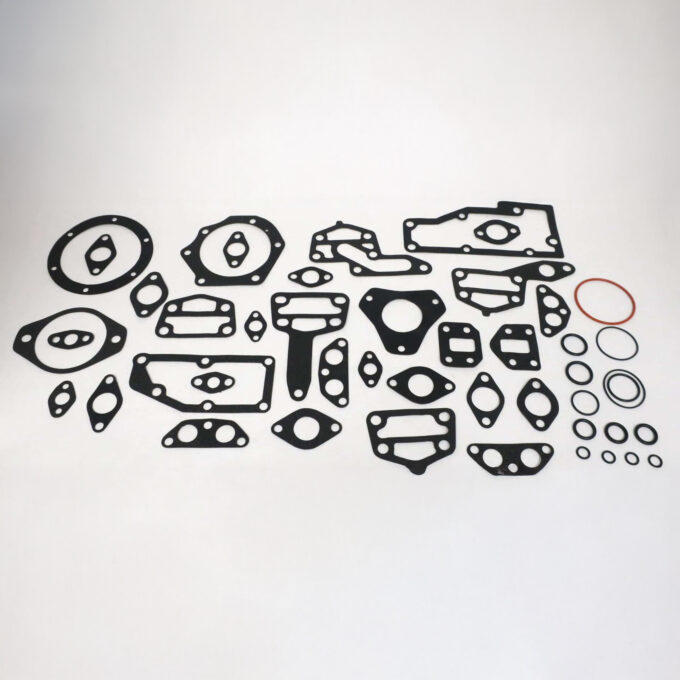Important information for engine rebuilders, construction garages, DPW garages, marine repair facilities, and backyard motor heads working on Deutz, Deere and Perkins Industrial engines.
This Tech Tip offers some easy to implement changes to help make your shop more “green” and environmentally friendly. For an introduction to this, you might want to look at the section on our home page, Foley Facilities Go Green. While we run a 20,000 square foot engine facility, the Tech Tip that follows is aimed at the smaller operation, maybe a three or four person shop, that wants to become “greener” and more environmentally friendly.
The following ideas are to help transform your shop into a more environmentally friendly operation.
Step 1: Ditch your hot tank and jet spray washer.
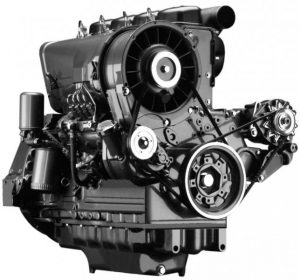 They are relics of the 19th century. Everyone knows that they are toxic, energy intensive (most are ancient relics and powered by electricity), and don’t even clean diesel engine castings very well! Install instead an industrial baking oven to clean your industrial engine castings. You can fill it full of greasy castings and bake it at night using natural gas, not electricity. You will save energy and not be introducing heat into your shop during the day. Every night we bake a half dozen or more Perkins, Deutz and Continental industrial engine heads, blocks, and crankshafts. Come morning, they are ready for our people to work on and perform machining operations.
They are relics of the 19th century. Everyone knows that they are toxic, energy intensive (most are ancient relics and powered by electricity), and don’t even clean diesel engine castings very well! Install instead an industrial baking oven to clean your industrial engine castings. You can fill it full of greasy castings and bake it at night using natural gas, not electricity. You will save energy and not be introducing heat into your shop during the day. Every night we bake a half dozen or more Perkins, Deutz and Continental industrial engine heads, blocks, and crankshafts. Come morning, they are ready for our people to work on and perform machining operations.
If you have one or more of the small 20 gallon tanks we see everywhere, cancel your expensive service contract with the people who come around to remove the dangerous chemicals. Use instead bio-diesel to clean your small parts (like carburetors). Bio-diesel is renewable and non-toxic.
Step 2: Ditch your air compressor and related air drier.
Air compressors are hot, noisy, and energy inefficient. To bring air to the work you have to run air lines across the shop floor which people can trip over. Rubber air lines tend to leak and need replacement. To run a good compressed air system effectively, you also need to install an air drier. They are also hot, noisy and energy inefficient. You can easily do away with both machines, save money, and go a long way to becoming more green. Simply, run instead cordless impact wrenches, not air impact guns. Recharge them at night during off-peak times. Newer style cordless impact wrenches will handle most diesel work to include installing and removing Perkins 4.236 diesel or Deutz 912 series diesel cylinder heads.
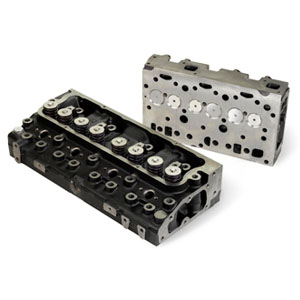 If you have to have compressed air because you are working on large diesels such as a Perkins turbo 6.354 diesel or a Deutz BF4L1011F turbo diesel, use a new energy efficient air compressor with an integral silencer. Buy the largest air tank you can find. Consider even running two or more tanks in series (as we do) to avoid depleting one tank and requiring the compressor to constantly kick in. Not only will you save energy, the air in the second tank will be cooler and you might be able to do away with the air drier. Plan your work so you can run your compressed air system during designated times and won’t be kicking in all day long to make up for air line losses. All in all, a new efficient compressor so it will pay for itself in a year or two in energy savings.
If you have to have compressed air because you are working on large diesels such as a Perkins turbo 6.354 diesel or a Deutz BF4L1011F turbo diesel, use a new energy efficient air compressor with an integral silencer. Buy the largest air tank you can find. Consider even running two or more tanks in series (as we do) to avoid depleting one tank and requiring the compressor to constantly kick in. Not only will you save energy, the air in the second tank will be cooler and you might be able to do away with the air drier. Plan your work so you can run your compressed air system during designated times and won’t be kicking in all day long to make up for air line losses. All in all, a new efficient compressor so it will pay for itself in a year or two in energy savings.
Even if you keep your old compressor set up, install a large Donaldson or similar industrial air filter that you might find on a Perkins or Deutz diesel power unit. This kind of air filter is cleanable and will reduce the air intake noise. (On small industrial diesels and electrical motors, the air intake, not the exhaust is where the noise is.) Mount it just before the air enters the air compressor. Then run the air intake pipe up and out the roof of your facility. When you are clear of the roof, put a tee on the intake pipe and loop it downward into two separate pipes forming an upside down U. If the air intake pipes are looped below, rain won’t get in. To avoid birds from getting in, put a piece of wire mesh screen on the end of the downward U. Your compressor will run more quietly and you will be bringing in clean, cool, dry air to the compressor. Not hot shop air.
Step 3: Use a rag-rental service, not paper towels.
Your shop will save money and you won’t be using up good trees.
Step 4: Limit your handling of used oil.
The first thing a responsible shop should do is to limit the amount of used oil that comes into your building. Post signs outside saying that you will not accept engines containing used oil into your facility. For the used oil that does make its way in to your facility, handle it responsibly. Many states require auto parts stores to take back used engine oil. You can also add it to your oil fired shop heater, but check the manufacturers recommendation first.
